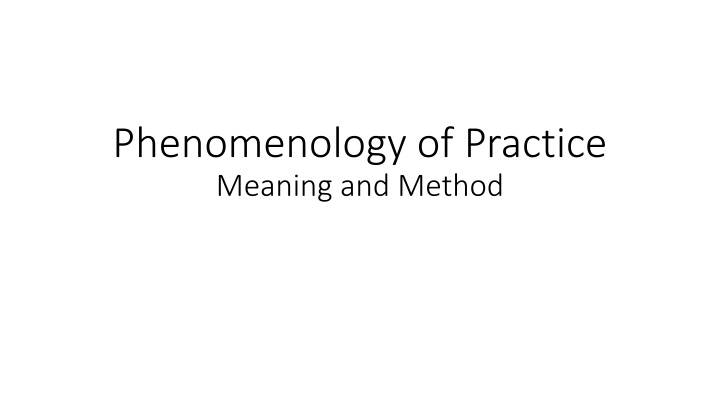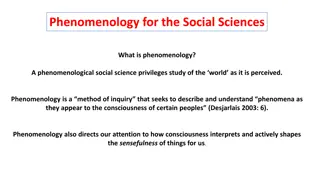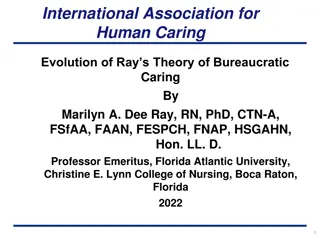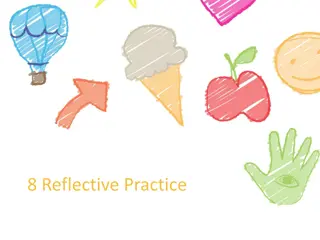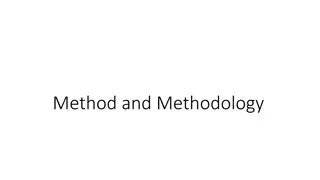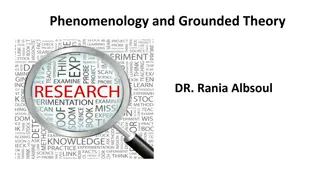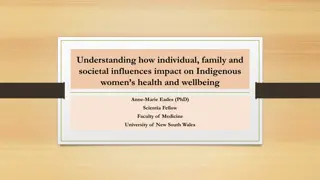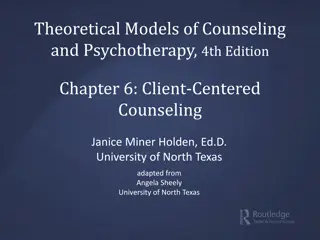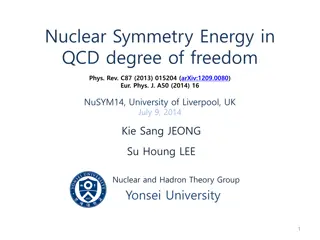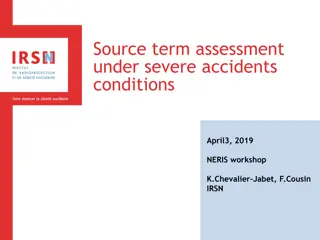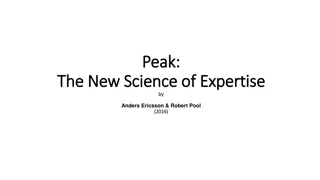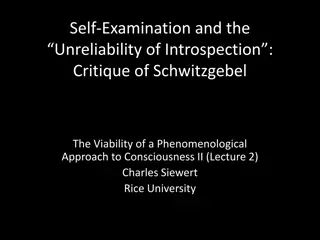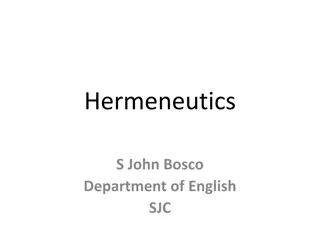Phenomenology of Practice
Phenomenology of Practice delves into the essence of lived experience, focusing on abstemious reflection and discursive interpretation. It explores the transformative power of reflective inquiry, aiming to challenge assumptions and deepen insights for a more profound connection with the world.
Download Presentation

Please find below an Image/Link to download the presentation.
The content on the website is provided AS IS for your information and personal use only. It may not be sold, licensed, or shared on other websites without obtaining consent from the author.If you encounter any issues during the download, it is possible that the publisher has removed the file from their server.
You are allowed to download the files provided on this website for personal or commercial use, subject to the condition that they are used lawfully. All files are the property of their respective owners.
The content on the website is provided AS IS for your information and personal use only. It may not be sold, licensed, or shared on other websites without obtaining consent from the author.
E N D
Presentation Transcript
Phenomenology of Practice Meaning and Method
Hermeneutic Phenomenology: a method of abstemious reflection on the basic structures of the lived experience of human existence. method refers to the way or attitude of approaching a phenomenon. abstemious means that reflecting on experience aims to abstain from theoretical, polemical, suppositional, and emotional intoxications. hermeneutic means that reflecting on experience must aim for discursive language and sensitive interpretive devices that make phenomenological analysis, explication, and description possible and intelligible. lived experience means that phenomenology reflects on the prereflective or pre-predicative life of human existence as living through it.
Phenomenology is primarily a philosophic method for questioning, not a method for answering or discovering or drawing determinate conclusions. is best begun in the living of our ordinary life. is the project that tries to describe the prereflective meaning of the living now. is becoming infected with a certain pathos that creates an openness to the world and a wondering attentiveness that is the trigger for phenomenological inquiry. asks: "What is the nature, meaning, significance, uniqueness, or singularity of this or that experience as we live through it or as it is given in our experience or consciousness?
Phenomenology is the practice of the bracketing, brushing away, or reducing what prevents us from making primitive or originary contact with the primal concreteness of lived reality. is preoccupied with the singularily of momentary human existence, with the identity of this difference and the difference of this identity. inaugurates a reflective practice for generating insights and pathic understandings that radically challenge established assumptions and for testing the reach and truth of its findings. offers us the possibility of plausible insights that bring us in more direct contact with the world.
Phenomenology of practice refers to the kinds of inquiries that address and serve the practices of professional practitioners as well as the quotidian practices of everyday life. serves to foster and strengthen an embodied ontology, epistemology, and axiology of thoughtful and tactful action. has as its ultimate aim to nuture a measure of thoughtfulness and tact in the practice of our professions and everyday life.
Phenomenological Writing needs to be sensitive to the manner in which something shows itself and then the writing itself becomes a showing is a reflective component of phenomenological method. [ ] To write is to reflect; to write is to research. And in writing we may deepen and change ourselves in ways we cannot predict. [its] pathic phenomenality of phenomena and the vocative expressivity of involve not only our head and hand, but our whole sensual and sentient embodied being. is a reflective process of attempting to recover and express the ways we experience our life as we live it -and ultimately to be able to act practically in our lives with greater thoughtfulness and tact.
